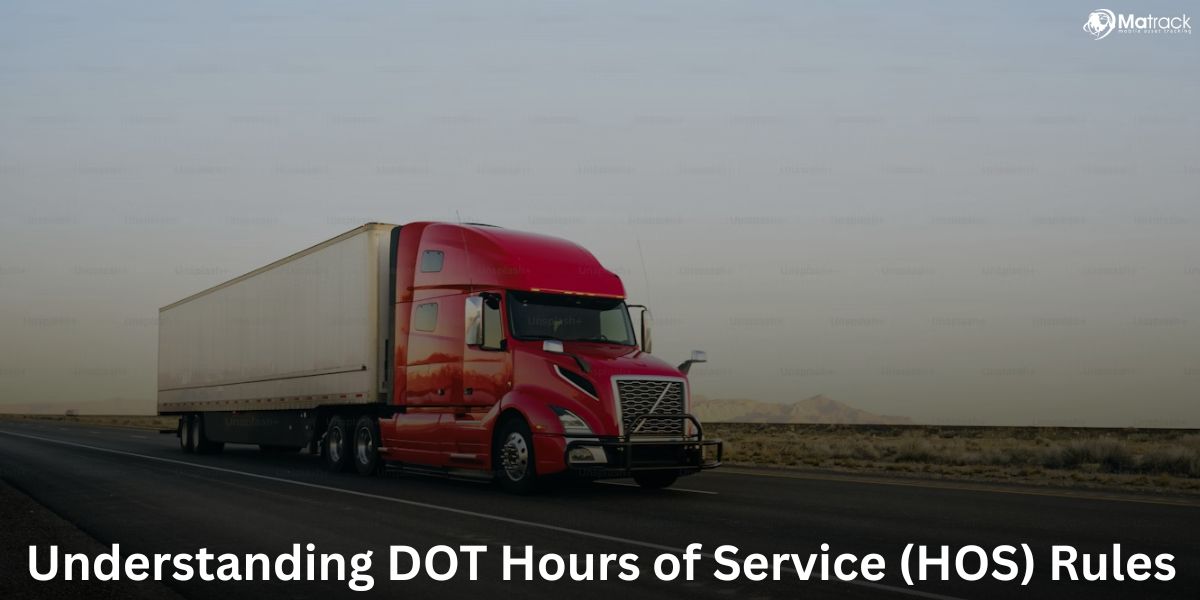Key Takeaways:
- Preventative maintenance for semi-trucks reduces breakdowns, repair costs, and ensures compliance with DOT regulations.
- Regular inspections of critical components like the engine, tires, and brakes improve fuel efficiency and extend truck lifespan.
- A structured maintenance schedule, including daily, weekly, and annual servicing, prevents unexpected failures and costly downtime.
- Consistent maintenance helps fleet owners and drivers lower operational costs, improve safety, and increase truck resale value.
What is Preventative Maintenance for Semi-Trucks?
Preventative maintenance for semi-trucks is the routine inspection, servicing, and repair of critical truck components to prevent failures. It includes oil changes, tire inspections, brake system checks, and fluid top-offs.
By following a structured maintenance schedule, truck owners can avoid unexpected breakdowns, costly repairs, and DOT violations.
Why is Preventative Maintenance Important for Semi-Trucks?
Reduces Unexpected Breakdowns
Regular inspections detect minor issues before they become major failures. Preventing engine overheating, brake malfunctions, and tire blowouts reduces road emergencies.
Improves Fuel Efficiency
A well-maintained truck uses less fuel. Clean air filters, proper tire pressure, and aligned wheels reduce rolling resistance, improving miles per gallon (MPG).
Extends Truck Lifespan
Routine servicing ensures that the engine, transmission, and axles last longer. Replacing worn-out parts on time prevents long-term damage.
Ensures Compliance with DOT Regulations
Trucks that fail DOT inspections face fines, downtime, and legal penalties. Regular maintenance ensures compliance with safety and performance standards.
Essential Preventative Maintenance Checklist for Semi-Trucks
Engine Maintenance
A well-maintained engine performs better and lasts longer.
- Oil and Filter Changes – Change oil every 10,000–25,000 miles to prevent sludge buildup.
- Coolant Level Checks – Low coolant causes overheating and engine failure.
- Inspect Belts and Hoses – Replace cracked or loose belts to avoid engine breakdowns.
Tire Inspections and Rotation
Tires affect fuel efficiency, safety, and overall vehicle performance.
- Tread Depth Inspection – Replace tires before they reach the minimum legal tread depth.
- Proper Inflation – Underinflated tires increase rolling resistance, reducing fuel efficiency, while overinflated tires increase the risk of blowouts.
- Regular Rotation – Rotating tires every 20,000 miles ensures even wear and extends lifespan.
Brake System Inspections
A reliable braking system is essential for driver and road safety.
- Brake Pad and Lining Checks – Worn-out pads reduce stopping power and increase accident risk.
- Inspecting Air Brake System – Air leaks or damaged components decrease braking efficiency and must be repaired immediately.
- Draining Air Tanks – Moisture buildup in air brake systems can freeze and damage brake lines, making regular drainage necessary.
Transmission and Driveline Maintenance
A properly maintained transmission ensures smooth shifting and optimal power delivery.
- Transmission Fluid Checks – Low or contaminated transmission fluid leads to overheating and shifting problems.
- Differentials and Axle Inspections – Checking for leaks and maintaining lubrication prevents driveline failures.
Electrical System Maintenance
The electrical system powers essential components like ignition, sensors, and lighting.
- Battery Testing – Weak batteries cause starting issues and electrical failures.
- Wiring and Connection Inspections – Corroded or loose wires lead to malfunctions and safety hazards.
- Checking Lights and Signals – Functional headlights, brake lights, and turn signals improve visibility and compliance.
Suspension and Steering System Inspections
A well-maintained suspension and steering system ensures a smoother ride and better control.
- Shock Absorber Inspections – Worn shocks reduce stability and increase tire wear.
- Steering Component Checks – Loose steering linkages make it difficult to control the truck.
- Wheel Alignment – Misaligned wheels cause uneven tire wear and decrease fuel efficiency.
Creating a Preventative Maintenance Schedule
Daily Inspections
Drivers should perform a pre-trip and post-trip inspection to identify immediate issues.
- Check fluid levels, including oil, coolant, and brake fluid.
- Inspect tires for pressure and tread wear.
- Test lights, signals, and wipers.
- Listen for unusual engine noises and check for leaks.
Weekly Checks
Fleet managers and drivers should conduct a more detailed examination.
- Inspect air filters for clogging.
- Check battery connections for corrosion.
- Look for leaks in the suspension and braking systems.
Monthly Maintenance
Professional servicing should focus on wear-prone components.
- Change engine oil and filters.
- Assess brake pad wear.
- Rotate and balance tires.
Quarterly Servicing
More comprehensive maintenance ensures long-term efficiency.
- Perform wheel alignment.
- Inspect transmission fluid and replace if necessary.
- Test the electrical system for faults.
Annual Overhauls
A full inspection ensures maximum truck longevity and compliance.
- Conduct an in-depth engine diagnostic.
- Overhaul the brake system.
- Check the driveline and differentials for leaks or damage.
Cost-Saving Benefits of Preventative Maintenance
Lower Repair Costs
Fixing small issues early prevents expensive breakdowns. Replacing a worn belt costs significantly less than repairing an engine damaged by belt failure.
Improved Fuel Economy
Regular maintenance improves fuel efficiency. Properly inflated tires alone can increase MPG by 3%, reducing fuel costs across an entire fleet.
Extended Vehicle Lifespan
Preventative maintenance prolongs the life of a semi-truck, delaying costly replacements.
Higher Resale Value
Trucks with complete maintenance records sell for higher prices. Buyers prefer well-maintained vehicles with a documented service history.
Common Mistakes to Avoid
Ignoring Dashboard Warning Lights
Warning lights indicate serious problems. Delaying repairs can lead to complete system failures.
Skipping Routine Inspections
Neglecting daily and weekly inspections increases the risk of undetected issues that cause breakdowns.
Using Incorrect Fluids
Using the wrong oil, coolant, or transmission fluid damages components and reduces efficiency.
Failing to Train Drivers
Drivers need training to recognize early warning signs of mechanical issues. Identifying problems before they worsen prevents unnecessary repairs and downtime.
Frequently Asked Questions
How often should I service my semi-truck?
A semi-truck should undergo routine maintenance every 10,000–25,000 miles, with daily and weekly inspections to catch early issues.
What is the most important preventative maintenance task?
Regular oil changes are the most important maintenance task, as they prevent engine wear, overheating, and fuel inefficiency.
How does preventative maintenance save money?
Preventative maintenance reduces fuel consumption, lowers repair costs, and extends truck lifespan, saving thousands in operational expenses.
Conclusion
Preventative maintenance for semi-trucks reduces breakdowns, improves fuel efficiency, and ensures compliance with DOT regulations. Regular inspections of the engine, tires, brakes, transmission, electrical system, and suspension prevent costly failures. Creating a structured maintenance schedule ensures all components receive timely servicing.
Fleet owners and independent drivers who invest in preventative maintenance experience lower repair costs, fewer delays, and a longer-lasting fleet. A well-maintained truck is a more profitable truck.



